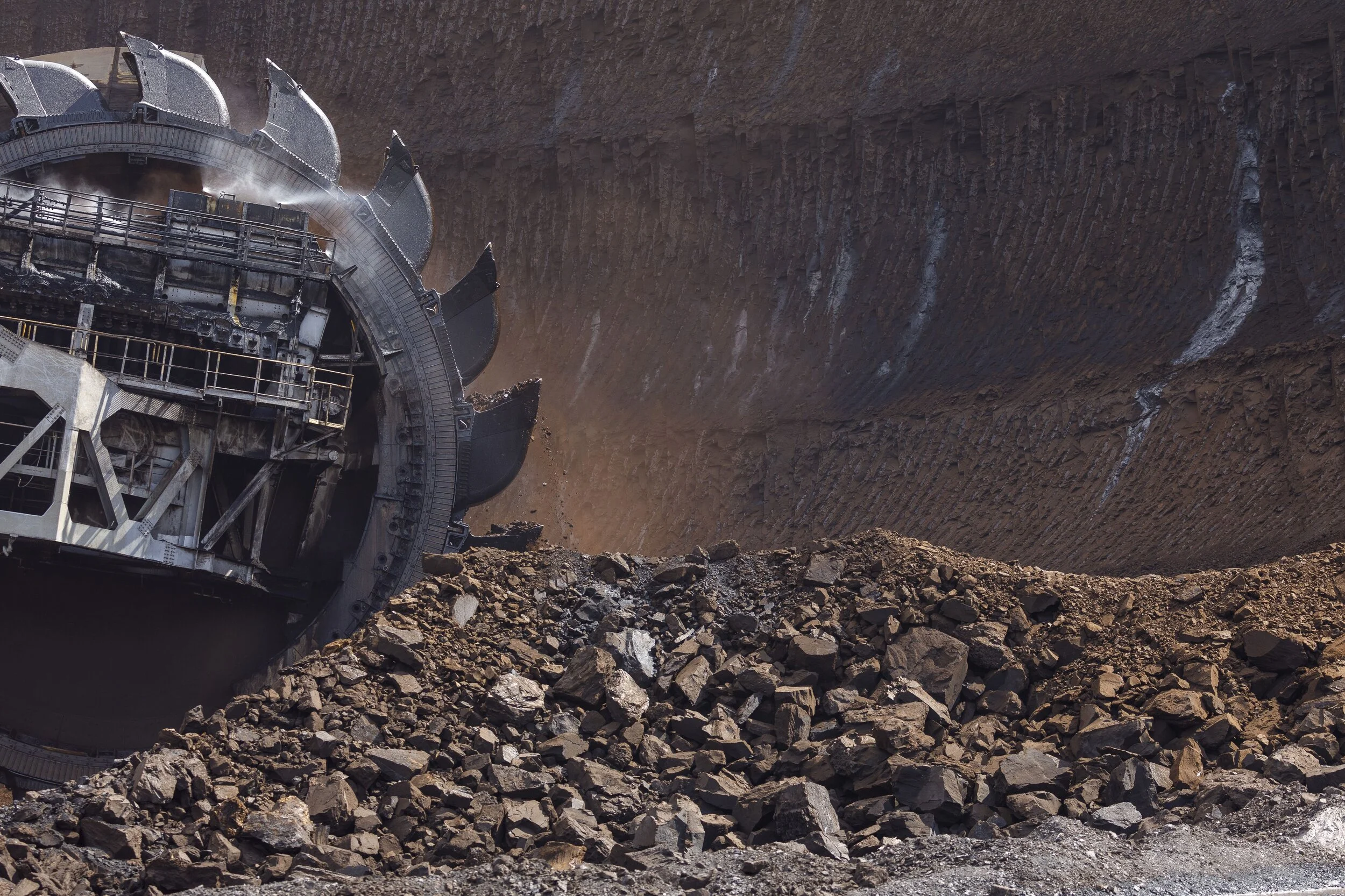|
|
Memorial Room
Opening Talk: Felipe Sanchez, SEI, What does ‘just transitions’ mean for oil and gas?
- Karl Sperling, Aalborg University
Evidence-based co-production of scenarios to accelerate the just transition: Denmark
- Camilla Houeland, University of Oslo
Evidence-based co-production of scenarios to accelerate the just transition: Norway
- Kirsten Jenkins, University of Edinburgh
Evidence-based co-production of scenarios to accelerate the just transition: UK / Scotland
- Valérie Marcel, Chatham House
Can the North Sea become a global blueprint to accelerate oil and gas phase out?
Shulman Auditorium
Moderator: Tzeporah Berman, Fossil Fuel Non-Proliferation Treaty
- Natalie Jones, IISD
Mapping fossil fuel production in Nationally Determined Contributions and Long-term Low Emissions Development Strategies under the UNFCCC.
- Peter Newell, University of Sussex
Building a fossil fuel Non Proliferation Treaty: key elements
- Johnny West, Carbon Tracker Initiative
Accounting without records: the case for a public registry of fossil fuel emissions
- Rebecca Byrnes, Australian National University
Legal pathways to a fossil fuel treaty
- Kathryn Harrison, University of British Columbia
The international political economy of fossil fuel supply
Lecture Room B
Moderator: Richard Denniss, The Australia Institute
- Mark Campanale and Mike Coffin, Carbon Tracker Initiative
The critical path to net zero
- Ingrid Udd Sundvor, Oxford University
Using the carbon takeback obligation to help phase out fossil energy production
- Lennart Stern, Paris School of Economics
Proportionally matching voluntary contributions to institutions rewarding countries for reducing the supply and the demand of coal and oil
- Iain Steel, Econias (UK)
So you want to quit producing fossil fuels? Putting the manage in "managed decline"
- Klaus Eisenack, Humboldt-Universität zu Berlin
Buy coal and gas? Interfuel carbon leakage on deposit markets with market power
|
12.15-13.30
|
Lunch
|
|
13.30-14.45
|
Parallel sessions
|
|
|
Memorial Room
Moderator: Leo Roberts, E3G
- Libo Chen, University of Southampton
Drivers behind coal pushback after crisis
- José Vega-Araújo, SEI
A just transition for coal producing regions and the role of Science, Technology and Innovation (STI): a case study from Colombia
- Pao-Yu Oei, Europa-Universität Flensburg
Lacking ambitious climate policy: The collaborative governance experience of coal commissions
- Gareth Edwards, University of East Anglia
'Just coal' or a 'just transition'? Understanding how justice arguments structure debates about coal in Australia
- Paola Andrea Yanguas Parra, Technische Universität Berlin
Why a short-term relapse to coal could put exporting countries at risk
Shulman Auditorium
Moderator: Claudia Strambo, SEI
- Ploy Achakulwisut, SEI
Quantifying the health impacts of air pollution from the oil and gas supply chain in Texas
- Felix Zaussinger, ETH Zurich
The impact of the green transition on the European labour market
- Timothy Donaghy, Greenpeace USA
Fossil fuel racism
- Martí Orta-Martínez, University of Barcelona
The atlas of unburnable oil: spatial criteria for supply-side climate policies
Lecture Room B
Moderator: Frank Jotzo, Australian National University
- Emily Budgen and Ellen Quigley, University of Cambridge Centre for the Study of Existential Risk
Climate and decarbonisation: Investment impact across asset classes and supply-focused decarbonisation methodologies
- Igor Shishlov, Perspectives Climate Group
Aligning officially supported export finance with the Paris Agreement
- Amanda Schockling, Climate & Company (Germany)
Climate finance options to enabling a coal transition
- Truzaar Dordi, University of Waterloo
Ten financial actors can accelerate a transition away from fossil fuels
- Bronwen Tucker, Oil Change International
Still digging: G20 governments continue to finance the climate crisis / Past last call: G20 public finance institutions are still bankrolling fossil fuels
|
|
14.45-15.15
|
Coffee break
|
|
15.15-16.30
|
Parallel sessions
|
|
|
Memorial Room
Moderator: Cleo Verkuijl, SEI
- Felipe Corral Montoya, TU Berlin / Europa Universität Flensburg
Change everything so that nothing changes: what the reconfiguration of extractivism in Colombian fossil fuel extracting regions can teach us about energy transitions in the Global South
- Joshua Axelrod, Natural Resources Defense Council
Transitions within bounds: options for fossil dependent economies within existing legal frameworks
- Julia Schwab, Justus-Liebig Universität Giessen
The blinkers of planning for climate
change: Why the just energy transition is failing in extractivist states
- Emiliano Castillo Jara, University of Trier
Competing notions of energy justice around tar sands development in Canada
- Claire Fyson, Climate Analytics
Unpacking fossil gas as a bridging fuel: A case study of Western Australia
Shulman Auditorium
Moderator: Stefan Bößner, SEI
- Florian Egli, ETH Zurich
The politics of phasing out petroleum production: Party positions and voter reactions in Norway
- Christian Downie, Australian National University
Following the money: trade associations, political activity and climate change
- Guri Bang, Norwegian University of Life Sciences
Oil Politics Is Local: Comparing the Causes and Effects of Anti-Fossil Fuel Mobilisations in the UK and Norway
- James Price, UCL Energy Institute
Bridging the credibility gap between energy scenarios and energy geopolitics
- Laura Peterson, Union of Concerned Scientists
Climate risk disclosure and disinformation in the US
Lecture Room B
Moderator: Alexandre Szklo, Universidade Federal do Rio de Janeiro School of Engineering
- Gregory Trencher, Kyoto University Graduate School of Global Environmental Studies
Keeping one’s fossil fuel cake while eating it: comparing proposed pathways to net-zero by BP, Chevron, ExxonMobil and Shell
- Shinichiro Asayama, National Institute for Environmental Studies
Can carbon removal technologies be compatible with the managed decline of fossil fuels?
- Naadira Ogeer, Commonwealth Secretariat
FDP and net zero projects: acting today to advance an equitable energy transition
- Kathy Mulvey, Union of Concerned Scientists
Net zero and fossil fuel company accountability: burning questions
- Polly Hemming, The Australia Institute
Net-zero fraud: How carbon markets conceal Australia’s fossil fuel expansionism
|
|
16.30-16.45
|
Break
|
|
16.45-17.15
|
Shulman Auditorium
| |
